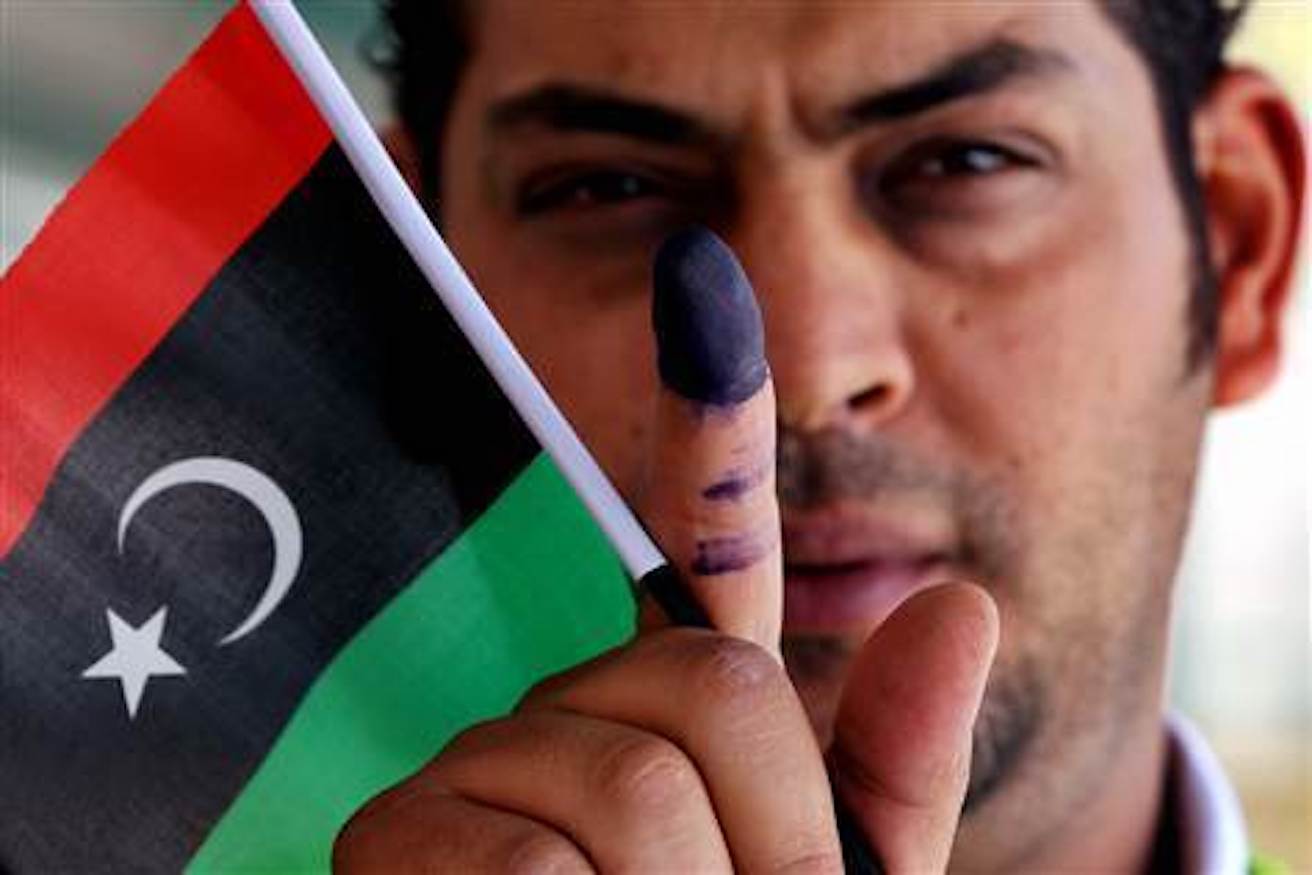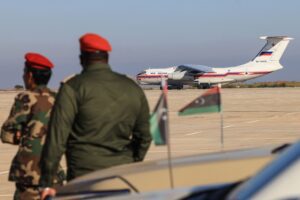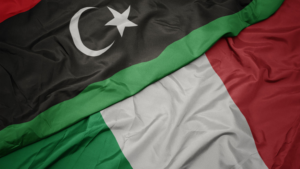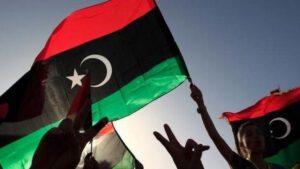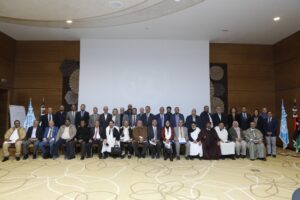After the ousting of the Muhammar Gaddafi regime in 2011, Libyans began to cherish a new era of democracy and civil rights that could somehow erase a memory of some oppressive 42 years by entering the political arena and vying for power through the ballot box. However, the dream of democracy through elections has been put more than once on hold, despite shy electoral processes that took place on legislative authorities, due to partisan, civil and political conflicts.
Prospect of Elections in 2023
The UN envoy to Libya, Abdoulaye Bathily, announced in last February – during a Security Council session – the launching of an initiative for the holding of presidential and parliamentary elections by the end of 2023.
To that end, the House of Representatives (HoR) and High Council of State (HCS) formed the 6+6 joint committee to devise electoral laws and reach consensus on the controversial points regarding candidacy for the position of “head of state.”
The 6+6 joint committee, after meetings in Bouznika, Morocco in late May, called for the formation of a unified government that “paves the way for elections in all regions and deals with them in a responsible and transparent manner.”
After meetings in Morocco, the joint committee stressed, in a statement read by the head of the delegation of the HCS, Omar Bulifa, that the holding of the legislative and presidential elections would take place simultaneously, announcing that it had achieved complete agreement regarding the points related to the election of the head of state and members of the National Assembly, in addition to how to involve political parties in the elections of the House of Representatives through party lists or individual candidacies.
The committee agreed on all controversial points, including dual nationals running for presidential elections: saying they could run and renounce their second citizenship only if they won the elections as head of state.
Electoral Laws: Binding or Subject to Change
The Head of the HCS, Khalid Al-Mishri, sent on June 18 a copy of the draft electoral laws for presidential and parliamentary elections that were signed by members of the 6+6 joint committee to the UN envoy to Libya, saying in a letter addressed to Bathily that he had referred him a copy of the law for electing the head of state and the law for electing the National Assembly, which were signed by members of the 6+6 joint committee in Bouznika, Morocco on June 03.
Al-Mishri added that the laws were final, binding, and welcomed in both chambers (HoR and HCS), saying that in the event that any amendments were needed, which he said was unlikely, they could only be made through the 6+6 joint committee.
Rejection Voices
Over 50 members of the HCS and over 60 members of the HoR rejected in two separate statements the outcomes of the 6+6 joint committee’s meetings in Morocco, saying that those outcomes were unconstitutional.
The HCS statement called on all parties to reject the 6+6 committee’s outcomes and on the United Nations and its Libya mission to respect the will of the Libyan people and their judicial authority and not to deal with bodies as well as committees that are under judicial investigation.
The HoR statement, on the other hand, rejected the call by the committee to increase the number of seats in the HoR, holding the presidency of the HoR responsible for the disputes that the committee would cause among Libyans in the event that that the 13th amendment was signed without referring it to the HoR sessions for consultation and approval.
They also denounced the committee’s tackling of issues outside its scope of authority, especially agreeing on the controversial points related to the election of the president.
Likewise, the Supreme Council of Libyan Amazigh rejected the outcomes of the 6+6 joint committee’s meetings in Bouznika because of “the insistence on marginalizing the Amazigh people in their representation in the proposed House of Representatives and the Senate.”
The Council said in a statement that the Amazigh have been marginalized and deprived of sovereign positions in the state over the past years, and they were not a party to the composition of the Presidential Council or the government, accusing the United Nations Support Mission in Libya (UNSMIL) of becoming part of the political bargaining to share power in Libya.
It also said that the values of justice and democracy were “enshrined in the Charter of the United Nations”, and the UN mission is supposed to be the guarantor of those values in Libya, considering UNSMIL a tool used by politicians and militias to impose a certain political situation and share power, and stressing that what is happening will negatively affect the constitutional laws, “which are contrary to the principles of the United Nations and the will of the Libyan nation and its social components.”
The Council called for returning the Libyan file to the UN General Assembly away from UNSMIL and the Security Council member states, which have proven their failure due to their continued focus on their interests. It also held UNSMIL fully responsible for the status quo in Libya.
Forming Election-Route Government
After the proposal of the 6+6 joint committee in its conclusions in Bouznika late last May to form a government that is unified and inclusive as well as tasked with leading the country to elections, voices of agreement came from the eastern camp first, specifically from Al-Rajma – east of Benghazi.
Khalifa Haftar announced his support for the formation of a new unified government of technocrats that is tasked with overseeing the holding of elections by the end of 2023, applauding the conclusions of the 6+6 joint committee regarding the election laws, and saying the “General Command supports all honest political solutions to end the political crisis in Libya.”
A General Command’s statement called June 16 on the HoR and the HCS to end the current division, urging the UNSMIL to carry out its mission by striking consensus among Libyans leading to elections by the end of the year.
Haftar also indicated that he supported all political solutions to end the current crisis in Libya without exclusion of any party.
Amid this fragile consensus between the west and the east on the electoral momentum, an Italian source: “Identitta Online” cited a Benghazi source as saying that Haftar had decided to visit Tripoli and would be received there by the Prime Minister, Abdul Hamid Dbeibah. The visit is likely to take place on June 20, according to the source.
Will elections be the on track after the visit? Will west and east Libya reconcile and let the bygones be bygones, especially those of the latest war led by Haftar against west Libya on April 04, 2019? Will Libyans get to taste the complete freedom of choice and democracy by electing their president for the first time in history? These are questions that are definitely going to be answered over the course of the upcoming five months, but Libyans hope the answers to those questions are with words not with bullets this time.

